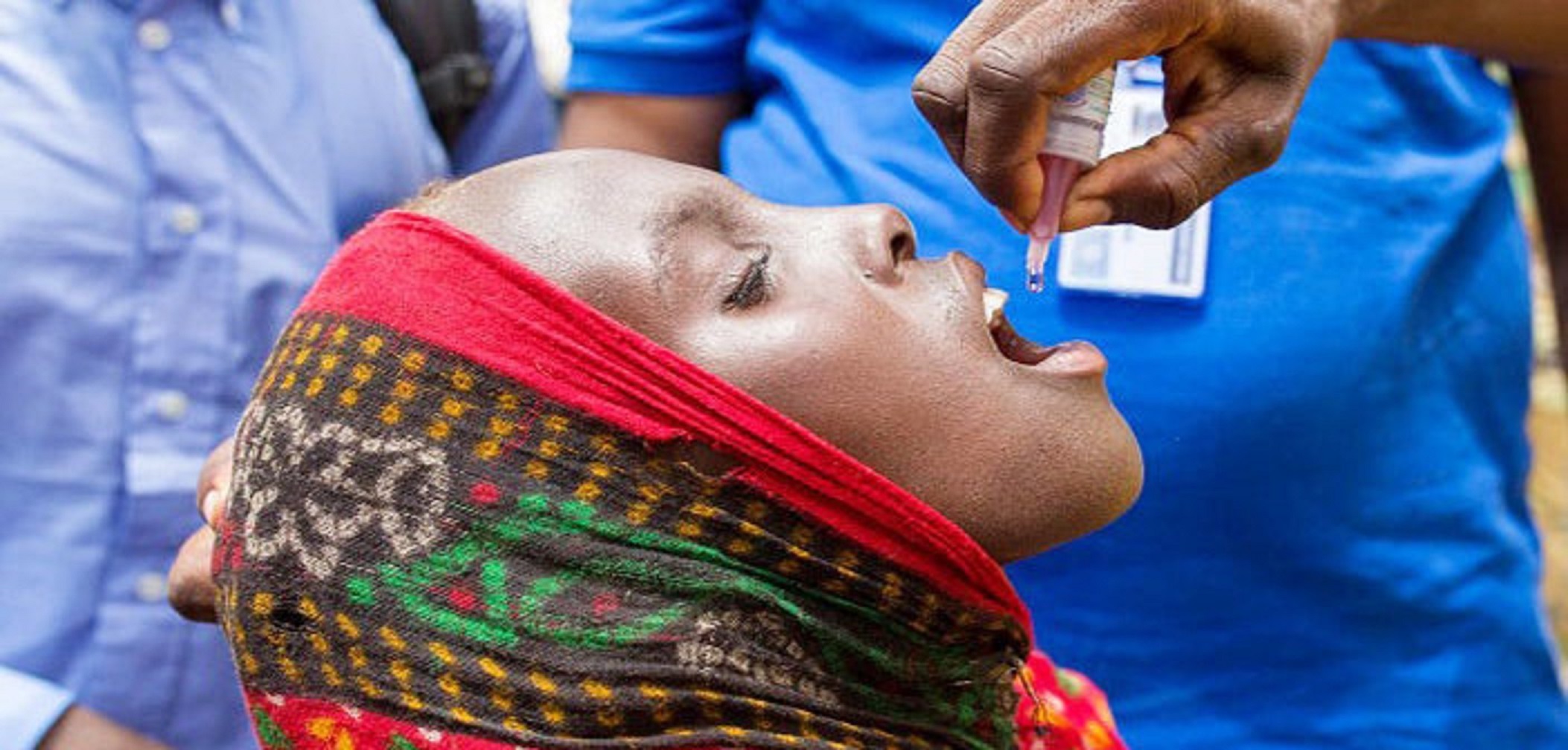Thematic Area Two: Health Workforce Development
The WHO estimates a global shortage of 15 million health workers by 2030 with low- and middle-income countries accounting for the bulk of the shortfall. The situation has been exacerbated in recent times by the COVID-19 pandemic which has worsened the wellbeing of health workers and re-highlighted the critical role these workers play in enhancing health systems’ capacity to respond to public health emergencies. Africa has an estimated health worker density of about 2.9 per 1000 population. This is far below the 13.4 per 1000 required to progressively achieve at least 70% of the UHC targets. African governments have long recognised the need to have skilled and highly motivated health workforce but their investments in health workforce training, retention and management have not commensurated with the level of need. We conduct reviews and evaluations of key HWF interventions to support governments' efforts to strengthen capacity and availability of health workers. We collaborate with bilateral and multilateral agencies and health ministries in HWF needs assessments and financing. Our interests range from health workforce planning and management to assessment of the health labour market including analysis of the fiscal space for HWF.
Help support
Our Work
A significant part of what we do focuses on health financing, a critical building block of health systems.

